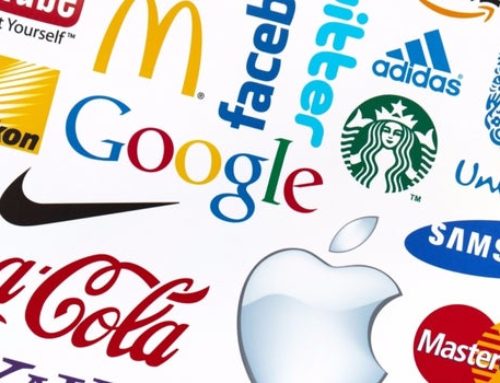“If you want to find the secrets of the universe, think in terms of energy, frequency and vibration.”
― Nikola Tesla (inventor, engineer, futurist)
How Retail Brands Help Stores Succeed in an Internet World
Online Forces a Big Change
I used to have to go to a store to learn about products, discover new products and actually buy products. It was all about inventory, pricing and convenience. Now, I can do all of that online. Today, 55% of online searches start at Amazon (tweet this), and with my Amazon Prime account I can usually get free delivery to my doorstep within 24 to 48 hours. So why would I make a trip to the store? Especially when I have to waste time driving there, possibly get my car ding-ed in the parking lot, deal with indifferent or poorly trained sales clerks, and scour shelves to find what I want – and it might not be there. If I can get what I want online, why would I go to a store? Ultimately, I visit a store when it offers me something beyond the chance to buy a product and often to enjoy a branded experience.
Stores Play a Valuable Social and Cultural Role
“Try before you buy” along with “I need it now” will always keep some stores relevant, but stores matter to us for other reasons. Stores play an important social role in our lives (we often go with family and friends) and cultural role in our communities – adding vitality and shaping identity (tweet this) When I was growing up, it was not unusual to visit a store multiple times before making a purchase. This was known as shopping, and it could extend over days or even weeks (hard to imagine in a world of instant online shopping). Going to the store was part of everyday life, and it created many of the stories shared at the nightly dinner table. This is what we love about stores! We want stores to remain in our lives and communities, BUT we need them to provide something that online cannot. This is how a renewed focus on retail branding has emerged as an answer.
Retail Brands Give Stores Experiential Advantage
Online retailers deliver efficiency that is unmatched. While every brick and mortar store must provide an “in and out” option to reduce the time-anxiety felt by today’s Internet-trained shoppers, this is not sufficient. Today’s successful retailers use a powerful brand identity to give customers an emotional experience that cannot be replicated online. (tweet this) This results in purchases made in-store and online afterward. The retail store is valuable both as a sales center and an online sales funnel. Here are three ways succesful retailers are leveraging their brands to succeed in an Internet shopping world.
1. Retail Staff with Authentic Knowledge
No matter how much information is online, nothing delivers more satisfaction and delight then speaking with a real person who uses the products and is passionate about the space – hikers at REI, builders at Home Depot, cooks at Williams Sonoma. These authentic sales clerks are trusted experts as they are expressions of a trusted retail brand. They draw me to a store even if the location is inconvenient and prices are premium.
2. Brand Fantasy Immersion
Sometimes I visit a retail store with friends just to immerse in the brand fantasy. Think Cabela’s, American Girl, Nike Town, Apple or any larger-than-life retail environment that lifts you into a brand fantasy world in an almost Disney-like way. These stores are valuable social destinations generating great purchase interest in-store and online.
3. Enabling and Empowering Brand Dreams
When I go to Home Depot, I feel energized to build or make something – and feel I can do it. When I’m at Williams Sonoma, I feel inspired to cook something new or entertain – and feel I can do it. These retailers create experiential excitement with an emphasis on “how to” use products to achieve a brand dream, and enable me to achieve that brand dream on my own. It’s a combination of environment, authentic knowledge and passion, joy and personalized attentiveness.
Fact for Thought
100 Million, 116 Million, 1 Billion
Facebook and Netflix users watch 100 million and 116 million hours of video daily. YouTube worldwide viewership has surpassed 1 billion hours a day. Wall Street Journal




